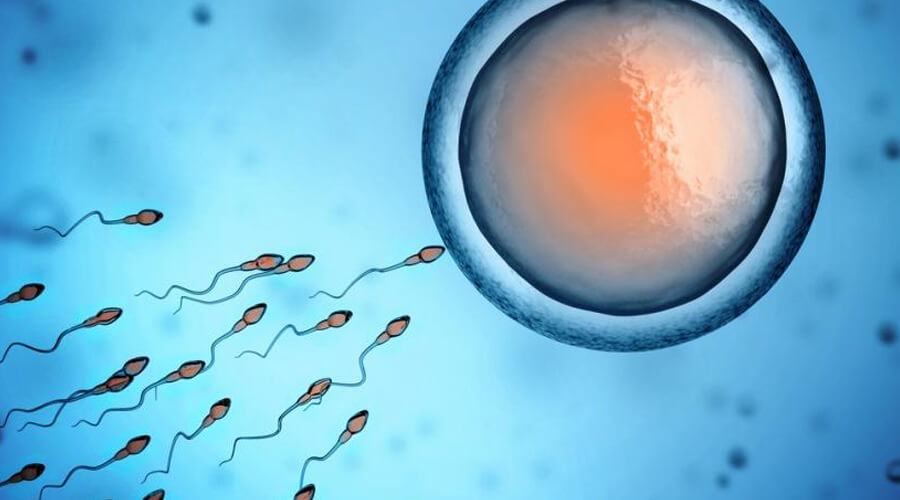
Infertility is a complex and often misunderstood condition, which is why there’s so much confusion surrounding it. For 1 in 6 couples, infertility issues are an obstacle to parenthood. There is no dearth of ‘opinionated’ family, friends and colleagues.
Dr. Rajalaxmi Walavalkar from Cocoon Fertility aims to put your minds at ease by explaining some of the myths about male fertility.
Myth: Boxer shorts and loose pants are best for prospective fathers.
This is probably one of the craziest! Researchers at the University of New York at Stony Brook put this piece of conventional wisdom to the test and concluded that underwear style is unlikely to significantly affect a man’s fertility.
Myth: Unlike women, a man’s fertility doesn’t change with age.
Male fertility isn’t age-proof. The quality of sperm decreases with age and it takes longer to achieve. Whatever the age of the mother, the risk of miscarriage is higher if the father is over 45. The children of older fathers are at greater risk of autism, mental health problems, and learning difficulties.
Myth: Smoking doesn’t affect male fertility.
Smoking increases the risk of male infertility by 30%. A British Medical Association report showed that smokers may have upto 40 % lower chances of being pregnant per month. The effect of tobacco on fertility is dose dependent. So, the more one smokes, more the damage to the sperm.
Myth: Cell phones and laptops, don’t affect semen quality.
Studies have found that the heat created from laptops can affect sperm motility and cause DNA damage, more so if Wi-Fi was being used. Cell phone emissions can also cause sperm damage. It’s best to keep phones in the back pocket and not put your laptop, directly on the lap whilst working.
Myth: Male infertility is hereditary
Male infertility can be of genetic origin, generally, there are several factors that can cause male infertility. Infections, immune system problems, lifestyle choices like diet, nutrition, smoking, drug use, being overweight can decrease male fertility.
Myth: Weight does not affect fertility.
Extra weight presents a multitude of health issues and can wreak havoc on male fertility. Obesity causes elevated estrogen and low testosterone levels, which can cause sperm count to decrease. Overweight males also experience a decreased libido. The simple solution is to calculate your Body Mass Index, which provides a healthy numerical range based on height and weight and works towards it. Exercise will increase energy, decrease weight, and equalize testosterone and libido levels.
Myth: My Diet does not matter
You are what you eat. High-fat diets have been found to be associated with decreased sperm count. Vitamin and micronutrient deficiencies will affect sperm quality and quantity adversely. The general advice is to have a balanced diet and avoid refined carbohydrates such as white bread and sugar.


